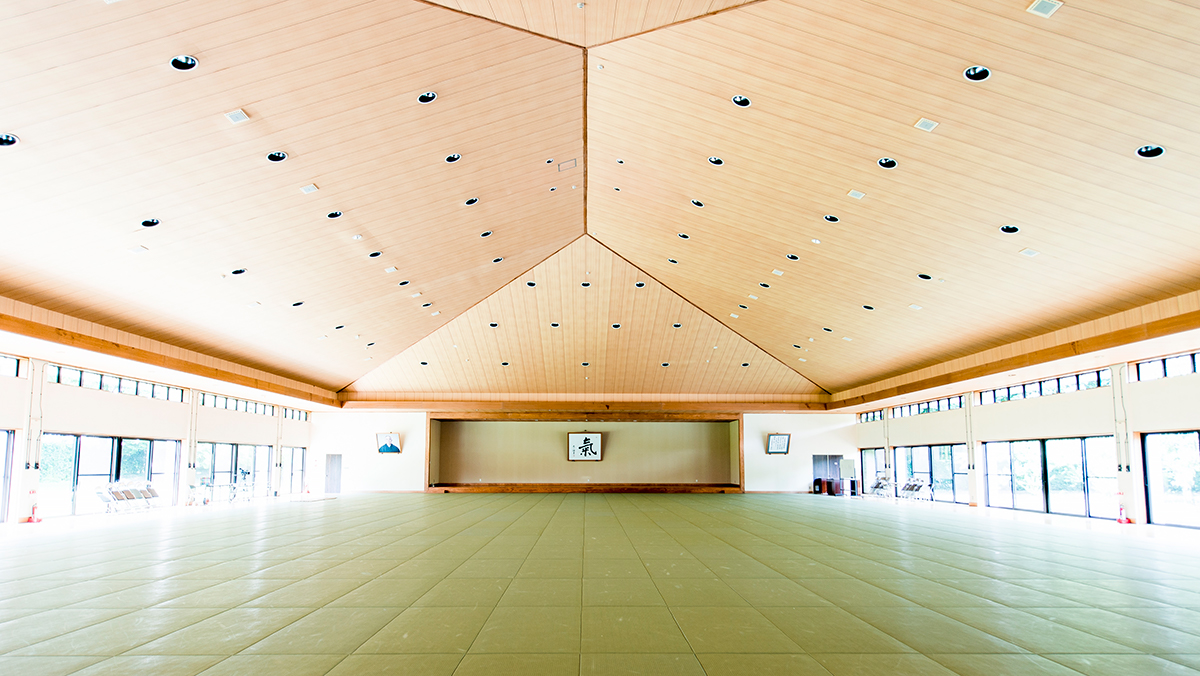I am the head of a large organization.
In a place where a lot of people gather, like in an organization, our “direction of mind” is important. Problems will always arise where people gather. This is natural because people come together who have different natures.
If you consider these problems as “failures,” a negative mind that says “we must not fail” may spread throughout the organization.
Then, you come to consider the many risks that might be involved, even though no one has challenged anything yet. And then, you may even begin to pursue “who is responsible for this?” in order to not be blamed by others.
If we consider the problems that occur in an organization as “issues to be resolved” rather than “failures”, a positive mind will spread throughout the organization.
Then, each person will be able to carry out their own responsibilities willingly and will be able to actively challenge the problems, even if it seems difficult.
As a result, the organization itself will change dramatically.
It can happen at any time, but the direction of mind can always be changed. Especially in times like today, under this unstable situation, we might begin with a positive mind, but then change into a negative mind without noticing.
Above all, as President of my organization, I always want to be very careful in my own mind.
Direction of mind is also important when we are in public.
For instance, when I was a child, I received a criticism that “when I spoke in public, I would get nervous and was not able do well.” The cause for this kind of nervousness is often because we tend to be concerned about people’s eyes too much.
Consider the difference between when you are “watching,” and when you are “being watched”.
When you are watching, you may focus on other people’s facial expression, their characteristics, and so on. In this circumstance, you will have a positive mind.
However, when you feel you are being watched, you may focus on yourself, worrying what others may think of you or how you are being evaluated. In this circumstance, you will have a negative mind.
Interestingly, when you are “watching,” you don’t mind that you are “being watched”. On the contrary, you cannot “watch” when you are “being watched”.
This is because the directions of the mind cannot be “positive” and “negative” at the same time, so when the mind is working positively, it does not work negatively.
In other words, even people who are nervous about “being watched”, can improve their ability by training themselves “how to watch”.
Actually, I was able to overcome this by training even though I was a child and it was very easy for me to get nervous.
These days, when I give lectures, I stand in front of thousands of people. In such a case, I confirm that my own direction of mind is positive or not through “watching” the entire audience before I go up on the stage.
I am actively turning my own attention to the audience, purposefully noticing such things as “How about ratio of men and women?” “What kind of age group are gathering here?” and “What kind of facial expressions does each person have?”
If your mind is negative, you will receive many people’s eyes at once. But if your mind is positive, you do not mind about how large the audience is.
By the way, there is a saying that “we become polished by being watched”. But In this case, that refers to “spending everyday life with the assumption that we are being watched, and becoming very comfortable with it”, which is different from the theme this time, which is “direction of the mind.”
The mind has a direction.
There is “positive mind” and “negative mind”. It is difficult to eliminate the negative mind, but by training the positive mind, the negative mind naturally disappears.
I am training myself every day by practicing Ki-Aikido.
(translate: Moe Mimori )
(edit: C. Curtis)

